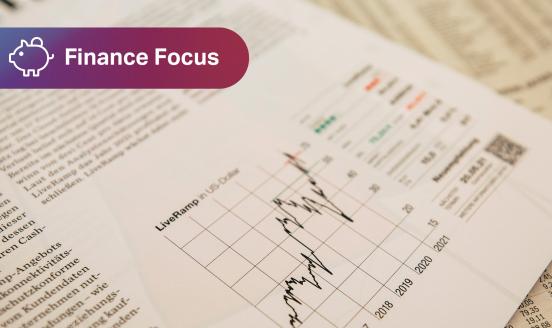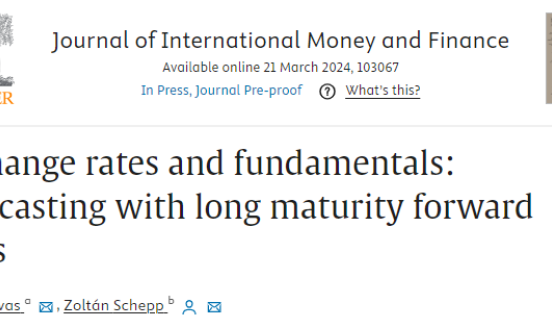Delivering a Green Capital Markets Union
Climate change presents a growing threat to financial stability. This seminar looked at how the European Union could respond by delivering a Green Cap
Speakers
Per Bolund
Minister for Financial Markets and Consumer Affairs, Government of Sweden,
Ingrid Holmes
Director, E3G, Third Generation Environmentalism,
Philippe Zaouati
CEO, Mirova,
Tatiana Bosteels
Director Responsibility & Head, Responsible Property Investment, Hermes Investment Management and Chair of Property Programme, Institutional Investor’s Group on Climate Change,
Henrik Braconier
Chief Economist and Executive Director Economic Analysis, Finansinspektionen,
Jean Boissinot
Head of Secretariat, Network for Greening the Financial System (NGFS), Banque de France
Michelle Kosmidis
Team Leader Financial Services Policy and International Affairs & Green Finance Lead, European Commission,
SUMMARY
See below for the video and audio recordings
The interaction between finance and climate policies has moved on the political agenda. Growing questions are now being asked about when Europe will get on the front foot and capitalise on this momentum. Besides a comprehensive strategy for sustainable finance, this event also inspected the wider issue of socially responsible investments.
Per Bolund, Minister for Financial Markets and Consumer Affairs, set out his aim to maintain financial stability while aggressively tackling climate change. He started his presentation by outlining the three most important strategies, namely setting the right carbon prices, improving information for customers and investors as well as incentivising sustainable solutions.
Regarding the financial sector, the Swedish strategy revolves around the central themes of disclosure and comparability. Although the number of companies disclosing their carbon investments increases, there is the need to achieve comparability by setting international standards. The European Capital Markets Union should play a decisive role in establishing disclosure rules. The banking sector, particularly lending operations, should receive more attention regarding transparency within the current legal framework.
Per Bolund reiterated Mark Carney’s analysis of risks related to climate change related to direct risks, e.g. catastrophe, transition risks such as stranded assets and liability risks whereby the fossil fuel industry could face charges in the future for the damage caused. In the ensuing discussion, the Swedish Minister highlighted the importance of infrastructure investments and that there is no trade-off between carbon price and a thriving economy as the Swedish example shows.
Philippe Zaouati, CEO of Mirova, took the stage to lay out his vision of shifting the investment management process towards long-term value creation in terms of economic, social and environmental outcomes. The inherent complexities of green and socially responsible finance require a collaborative effort across the regulatory level and financial industry. Developing new sustainable financial products and technologies is important, but standardisation will first have to be established to make projects bankable and create robust incentives for the financial system.
The presentations were followed by a panel discussion about the importance of proper communication between financial sector players and the actors directly involved in the implementation of green investments. A first remark was made regarding the need of a clear statement and measure of the possible risks financial investors might encounter when it comes to green investments. An efficient communication between the financed companies and the investors is of crucial importance, in order to enable the latter to have a proper understanding of the possible investment risks they might encounter.
These risks are usually smaller in countries where environmental policies have been implemented for a long time and that benefit from a more favourable geographical position, with less exposure to climate change events (e.g. Sweden).
Another underlined point was the importance of a close collaboration between the financial actors and the public authorities, with the latter providing the proper incentives and regulations in order to establish the most productive environment to green investments.
A central point of the discussion was the importance of an appropriate corporate disclosure as instrument to allow well informed financial players to take the best decisions.
Finally, it was remarked that the European Commission can play a central role in defining some consistent standards to guarantee an efficient corporate disclosure. The same Commission can be pivotal in defining a long-term horizon scenario for green investments through the Capital Markets Union plan, and by defining some best practices to create a comprehensive approach for sustainable finance.
Event notes by Robert Kalcik, Research Assistant
VIDEO and audio RECORDING










